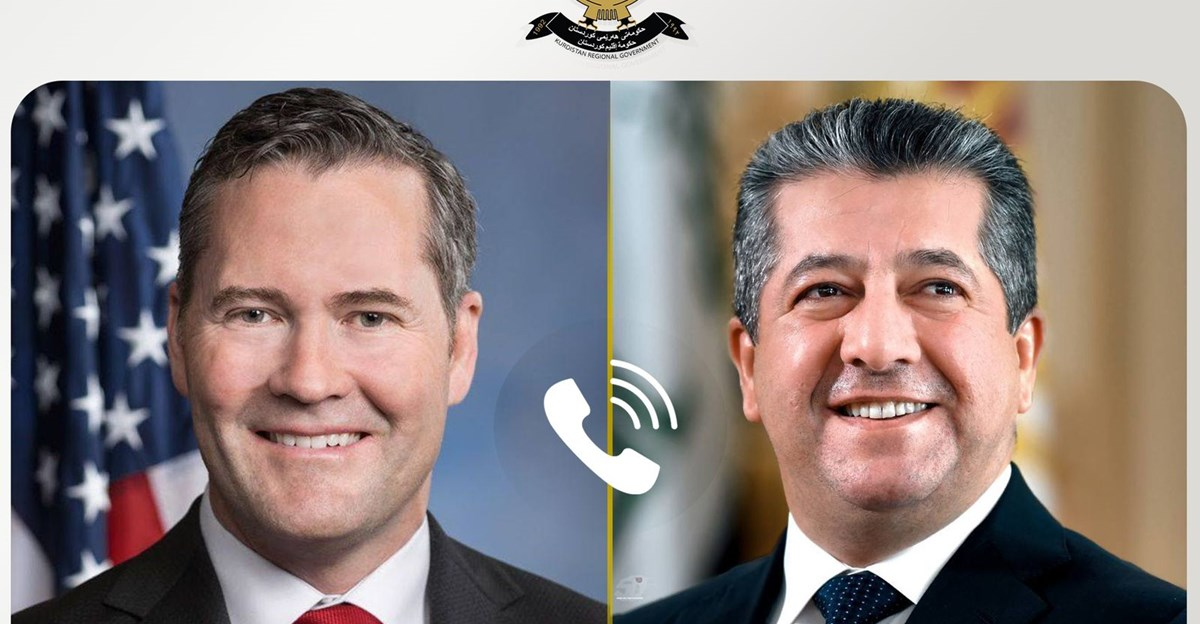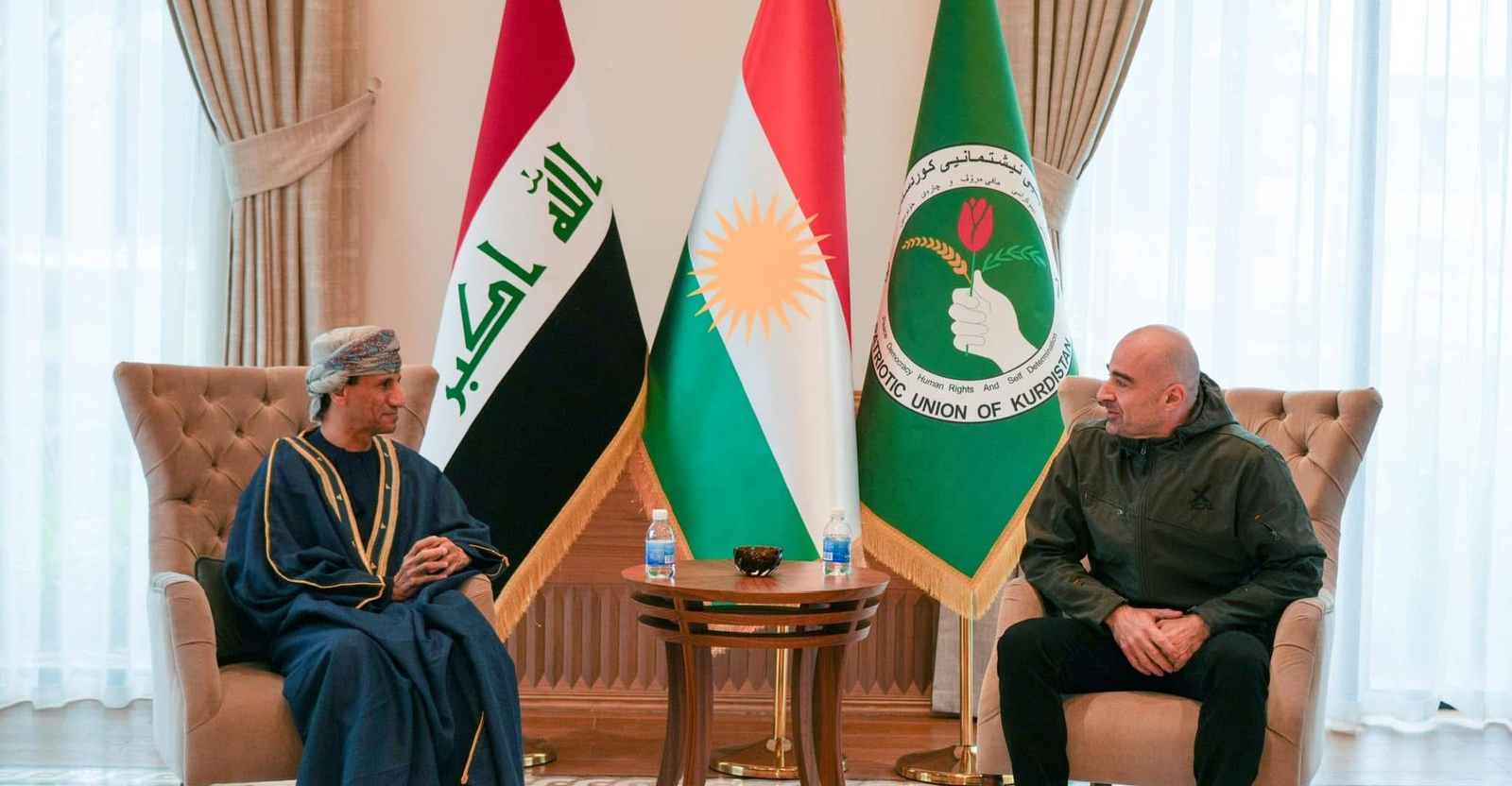Employment dilemma: Legal challenges in integrating Lebanese refugees into Iraq's workforce

Shafaq News/As Israeli attacks ravage Lebanon, many Lebanese families have sought refuge inIraq, particularly in the Najaf governorate. In a significant show ofsolidarity, official bodies and community organizations have joined forces tosupport these newcomers, providing essential housing and job opportunities tohelp them rebuild their lives and find solace amid the turmoil.
WhatHappened?
Thecross-border violence that erupted between Israel and Hezbollah a year ago,initially linked to the war in Gaza, escalated into open warfare on September23. The Israeli military launched airstrikes claiming to target Hezbollahstrongholds in southern and eastern Lebanon, along with the southern suburbs ofBeirut, Hezbollah’s primary base of operations.
SinceOctober 2023, over 2,000 people, including women and children, have been killedby Israel in Lebanon, with more than 1,110 casualties reported after theescalation on September 23, according to an AFP tally based on officialLebanese figures. The ongoing Israeli hostilities have displaced about 1.5million people, as confirmed by local authorities.
Thedestruction of buildings, widespread casualties, and injuries have forced manyLebanese to flee the country, particularly after the Israeli bombardment ofBeirut and its southern suburbs. The situation took a dramatic turn onSeptember 27, when Hezbollah's Secretary-General, Hassan Nasrallah, was killedin Israeli air raids on the southern suburbs of the capital.
On September30, Israel initiated "limited" ground operations in southern Lebanon,deploying four military divisions to the border. This move comes 24 years afterIsrael withdrew its forces from southern Lebanon, following a 22-yearoccupation.
Iraq Amongthe First to Rush for Help
On the firstday of the Israeli assault on Lebanon, Iraq opened its borders to Lebaneserefugees and swiftly mobilized to deliver significant aid. The government instructedthat Lebanese citizens without passports be given expedited travel documents,highlighting Iraq’s strong ties with both Lebanon and Hezbollah, Tehran’s ally.The Iraqi government also allocated three billion dinars (around $2.3 million)to support the Lebanese arriving in Iraq. The Hussaini Shrine formed a supremecommittee to coordinate relief for Lebanon, including arranging safe passagefor those at risk of bombing.
The Ministryof Migration and Displaced reported that around 7,000 Lebanese have enteredIraq. The Iraqi Embassy in Damascus eased the process for refugees, allowingthem to enter Iraq with private vehicles. About 5,700 Lebanese entered Iraqthrough Baghdad and Najaf airports and Al-Qaim border crossing. More than 500refugees are currently being housed in several hotel complexes in the moderncity of Sayyid Al-Awsiyaa.
In turn, theMinistry of Health sent tons of medical supplies, deployed doctors acrossvarious specialties, and extended an invitation to Lebanon, offering to treat woundedindividuals in Iraqi hospitals. Meanwhile, the Popular Mobilization Forces(PMF) and the Iraqi Red Crescent coordinated additional shipments of medicalassistance.
The IraqiAir Force, working with the Joint Operations Command, carried out air missionsto deliver medical, therapeutic, and relief supplies. Religious endowments,including the shrines of Imam Hussein and Al-Abbas in Karbala, as well asAl-Kadhim in Baghdad, opened offices in all governorates to collect donationsfor Lebanon.
At the Al-Qaimborder crossing with Syria, the Iraqi Red Crescent set up reception centersequipped with rest stations, mobile hospitals, and ambulances to receive thosefleeing the conflict.
In responseto Grand Ayatollah Ali al-Sistani’s call for aid, Prime Minister Mohammed ShiaAl-Sudani committed to providing assistance by both land and air. Al-Sistanihad expressed solidarity with the Lebanese people in response to the"brutal Zionist aggression," calling for "every possible effortto halt this ongoing barbaric assault and protect the Lebanese from itsdevastating effects." He also urged "the faithful to contribute toalleviating their suffering and addressing their humanitarian needs."
EmpoweringIraq: Integrating Lebanese Talent
The DeputyChairman of the Parliamentary Services Committee, Baqir Al-Saadi, said Lebanesenationals could be employed in Iraq’s private sector as engineers, craftsmen,and in other roles due to the country's ongoing infrastructure projects."As for the government sector, it requires financial allocations from theMinistry of Finance, which is difficult," Al-Saadi told Shafaq NewsAgency.
Thisstatement comes amid widespread debate following a proposal by the ActingChairman of the Najaf Provincial Council, Ghaith Raad Al-Kilabi, to contractLebanese scientific talents arriving in Iraq. A document issued by Al-Kilabi,addressed to the Iraqi Parliament, stated, "In light of the difficultcircumstances faced by the Lebanese people and the great humanitarian stance ofIraq, especially Najaf governorate, we propose utilizing the professionals whohave arrived, including those with specialized skills in advanced medicalfields, according to the country's needs."
The documentalso requested that Parliament "review and approve the directive to therelevant ministries to consider the proposal, conduct the necessary tests, andsign work contracts with them in line with the established regulations."
Followingpublic backlash, Al-Kilabi clarified his position to our agency, "I didnot call for the appointment of educators, teachers, lawyers, administrators,engineers, or newly graduated doctors, nor did I advocate for the appointmentof refugees. These claims are entirely fabricated."
Moreover,Al-Kilabi emphasized that his proposal “is clear and has a strategicdimension,” requesting the utilization of rare specializations that are eitherabsent or in short supply in Iraq.
"Forexample," he explained, "this could involve specialties such asretinal, pancreatic, liver, or heart transplants—rare fields that could beattracted and utilized for the benefit of Iraqi citizens."
The ActingChairman added that the plan involved contracting these medical professionalsfor a limited period, under regulations set by the ministries, to integratethem into government institutions, thereby reducing costs for patients."However, after the recent criticism, no one will come," he noted.
EmotionalResponses vs. Legal Realities
Legalexperts have raised concerns over Al-Kilabi's proposal. "The Lebaneseentered Iraq with a tourist visa, so they are not legally allowed to work ineither the public or private sectors," said legal expert Mohammed Jumaa toShafaq News. "If they do work, it would be considered a violation of theResidency Law, with the penalty being deportation from the country, in additionto a fine of 500,000 (approximately $381.68)."
Jumaa alsopointed out, "Supporting Lebanon does not mean violating Iraqi laws. TheChairman or Deputy Chairman of the Provincial Council does not have the rightto propose such suggestions. Their decisions are made by the council throughvoting.”
“Therefore,Al-Kilabi has violated the law with this proposal."
The legalexpert asserted, "Based on Article 14 of the Iraqi General Budget Law,there are no government appointments for Iraqis for the next two years.Emotional responses differ from legal realities. While Lebanese nationals arerespected guests, employment must follow legal regulations."
AliAl-Tamimi, another expert, explained to our agency, "The conditions forpublic employment are outlined in the Iraqi Civil Service Law No. 24 of1960." He noted that Article 7 specifies criteria such as nationality,age, fitness for duty, and qualifications, but "this article allows forthe appointment of a foreigner who has acquired Iraqi citizenship if they havebeen naturalized for five years."
Al-Tamimifurther stated, "Exceptions to this general rule occurred in Iraq duringthe 1980s when foreigners were appointed through contracts or even employedduring the war.”
"If aforeigner is to be appointed now, it requires the approval of the Council ofMinisters, and these positions must not be filled by Iraqis—meaning there canbe no competition from Iraqis—since these jobs are exceptions, not thenorm."



